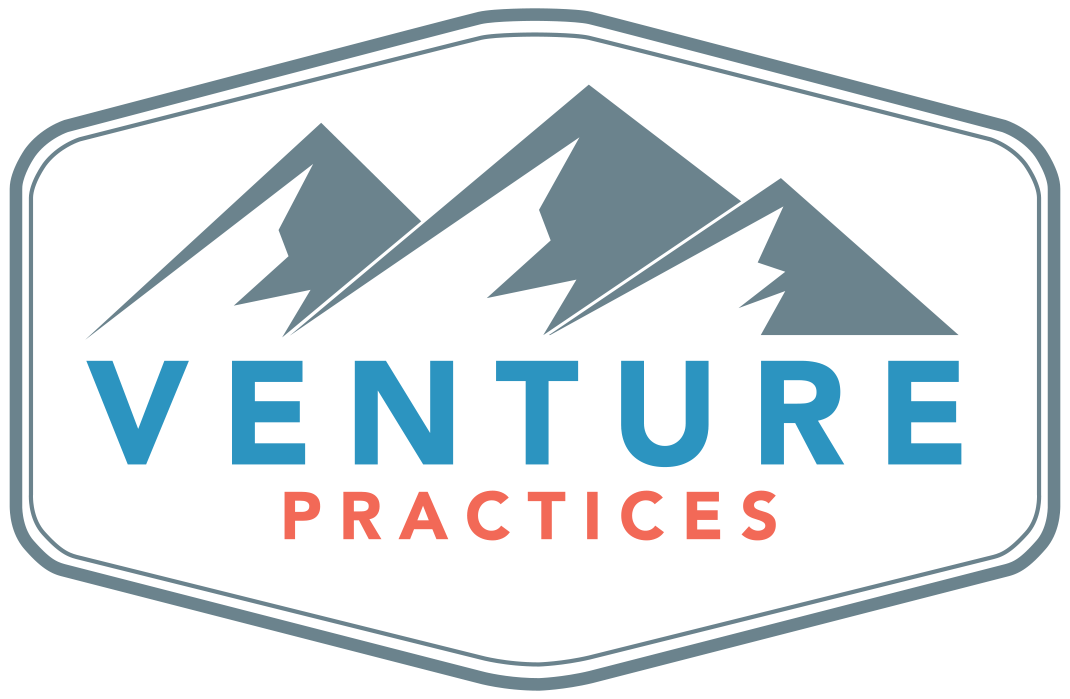
To retain elite employees successfully, employers must prioritize staff satisfaction and engagement. This means creating a positive work environment that fosters growth, collaboration, and recognition. Employers should offer competitive compensation and benefits packages that align with industry standards to ensure their employees feel valued and appreciated.
How to Attract Elite Employees
1. Implement a culture of recognition and appreciation:
Elite employees are often motivated by more than just a paycheck. They want to feel valued and appreciated for their hard work and contributions. This can include anything from an employee of the month programs to personalized thank-you notes from management.
2. Provide opportunities for growth and development:
Top performers want to improve their skills and advance in their careers continuously. Providing opportunities for growth and development can help retain these employees over the long term. This can include training programs, mentoring relationships with senior staff, or offering tuition reimbursement for further education.
3. Offer competitive compensation packages:
While elite employees may be motivated by factors beyond compensation, offering competitive pay packages is still crucial as an overall retention strategy. This includes base salaries and benefits like healthcare, retirement plans, and paid time off policies that align with industry standards or exceed them when possible.
4. Great Leaders Attract Elite Employees:
Leaders must establish clear career paths and opportunities for growth within the organization to keep employees engaged and motivated. Learn More about How Great Leaders Attract Elite Talent here.
Hiring the right person takes time and effort. Learn How to Write Better Job Ads to reach elite employees.
How to Retain Elite Employees
Step 1: Establish a Culture of Excellence
A culture of excellence means setting high expectations for your employees and providing them with the necessary resources to meet those expectations.
- Create clear job descriptions that outline the essential responsibilities and performance standards for each position.
- Foster a sense of teamwork and collaboration among your staff.
- Open communication and constructive feedback can help build trust and strengthen relationships within your team.
- Regularly recognizing and rewarding exceptional work can motivate employees to strive for excellence.
Step 2: Offer Competitive Benefits
Competitive benefits refer to perks and incentives that set your company apart from others in the industry. Offering competitive benefits shows your employees that you value their contributions to the company and want to take care of them beyond their salaries. By providing these added incentives, you created a sense of loyalty and dedication among your staff, ultimately leading to increased job satisfaction and reduced turnover rates. Additionally, offering these benefits can help attract top talent when recruiting new employees.
- Flexible work schedules
- Comprehensive health insurance
- Paid time off
- Retirement plans
- Bonuses or profit sharing
Step 3: Create Opportunities for Growth
Growth opportunities can come in many forms, such as offering training programs, mentorship opportunities, or organizational promotions. Elite employees who feel they have room to grow and develop in their roles are more likely to stay with the company long-term.
- Training programs
- Mentorship opportunities
- Promoting from within
Step 4: Foster a Positive Work Environment
Creating a positive work environment is critical to retaining an elite staff. Employees who feel appreciated for their contributions are more likely to stay with the company long-term.
- Professional development, such as training sessions or conferences
- Healthy work-life balance
- Provide flexible schedules
- Recognize and reward employee achievements
How a team works together is vital in fostering a positive work environment. Read more about Building a Team that Gets Along here.
Step 5 Utilize Performance Reviews
Performance reviews are an essential tool for retaining elite employees. By regularly assessing the performance of your employees, you can identify areas where they excel and areas where they need improvement.
- This allows you to provide feedback to help your team grow and develop in their roles.
- It shows that you value their contributions and are invested in their success.
When conducting performance reviews, it’s essential to:
- Be both honest and constructive.
- Give specific examples of what your employee is doing well and areas where they could improve.
- Offer suggestions for how they can improve in those areas.
- Ask for feedback from the employee about how you can better support them in their role.
- Follow up on any goals or action items discussed during the review.
- Check in with your employees periodically throughout the year to see how they progress toward these goals and offer support or resources as needed.
Step 6: Address Issues Quickly & Effectively
Employees want to feel heard and valued, and when their concerns are addressed promptly, they feel empowered and appreciated. This can lead to increased job satisfaction and loyalty.
- Set up a system for employees to report any problems or concerns. This could be through an anonymous feedback form or a designated person in HR who can handle these matters privately.
- Listen carefully and empathetically without jumping to conclusions or becoming defensive.
- Once you understand the point, take swift action toward finding a solution that satisfies both parties.
- Communication is vital
